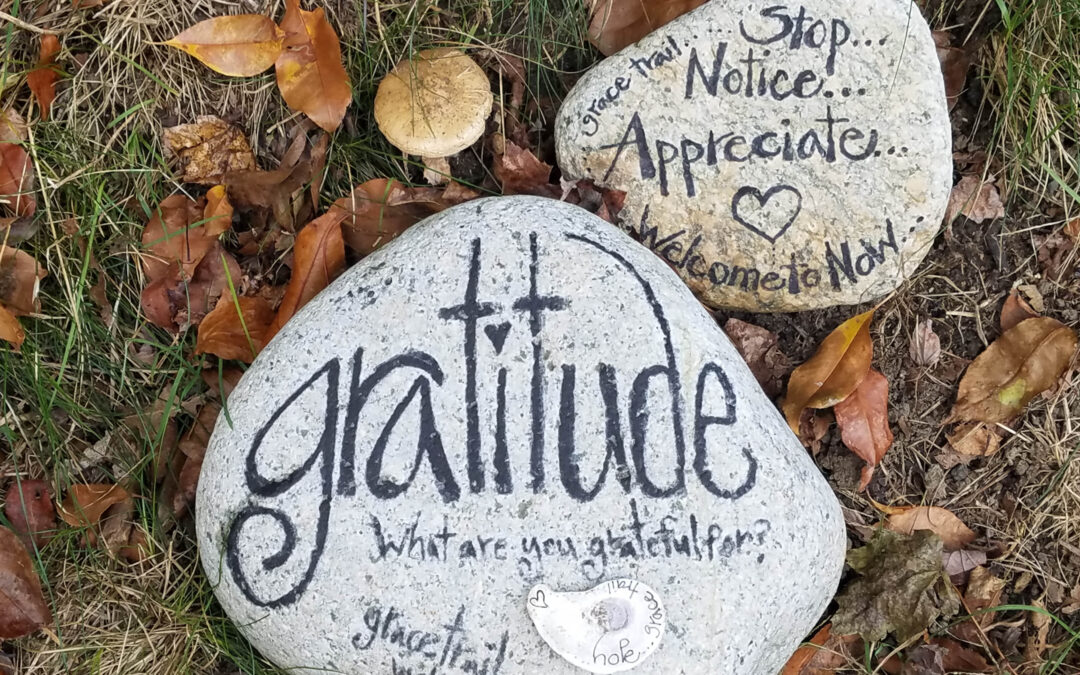“Thankfulness is the beginning of gratitude. Gratitude is the completion of thankfulness. Thankfulness may consist merely of words. Gratitude is shown in acts.” – Henri Frederic Amiel
While by definition, stewardship is, “the careful and responsible management of something one has been entrusted with the care of,” it can truly be the foundation of your fundraising plan. There are five key elements recommended that are essential for effective donor stewardship – Gift Acceptance, Gift Acknowledgement, Recognition, Outcome Reporting and Cultivation.
Gift Acceptance Policy
As fundraising professionals, we are entrusted to ensure our donors’ wishes are respected. It is important to review every gift that is received to ensure it can be used for the intended purpose. The development and oversight of your organization’s Gift Acceptance Policy will help to guide you in your decision-making process about accepting, possibly re-negotiating or declining a gift. The Gift Acceptance policy should include how you will track each gift that is received. This is critical for a number of reasons but, relative to donor stewardship, it will ensure you have the required information documented for effective donor reporting.
Gift Acknowledgement
Saying thank you is the simplest form of gratitude. Every gift should be acknowledged with a letter or an email. Ideally, a tax receipt should accompany the thank you, and sent no later than one week after the receipt of the gift, ideally followed up with a phone call or visit, depending on the level of the gift provided. Try to infuse the thank you with a creative element. If you are sending a thank you email, perhaps you could include a video clip from a client who has been the beneficiary of the services provided by the program the donor’s gift supported.
Recognition
Meaningful recognition is a key part of donor stewardship. Take time to consider how each donor would like to be recognized – do they wish to be acknowledged publicly for their support or do they wish to remain anonymous? Donors who wish public recognition can be highlighted in newsletters, social media posts, annual reports or invited to attend events that not only acknowledge support but cultivate relationships.
Outcome Reporting
Donors support your organization because they want to make a difference. Good donor stewardship includes telling the donor about the difference their support has made. If a donor’s gift is part of a larger campaign, be sure to provide the donor with regular campaign updates. A story in your newsletter or post on social media can also demonstrate the difference support has made. On a more personal level, you may wish to create a more formal report specific to the donor’s gift to send to them or meet with them to review.
Cultivation
The last area of focus is key to retaining donors and building a strong relationship. Take time to cultivate and learn what donors value, what approach they respond to and how they want to be contacted by your organization. Share plans for the next stage of a project or a new project that aligns with the donor’s interests. Test the donor’s interest with other aspects of your organization by showcasing projects or programs that are in line with their previous giving history. Extend an invitation for donors to attend an onsite event or tour of your facility to see the results of their gifts firsthand and to have the opportunity to further cultivate a relationship with the donor.
Not sure where to start? The Dennis Group Inc.’s Consultants can provide you with support in developing your stewardship plan and provide guidance in developing your fundraising strategy. Contact us by phone or email.
Submitted by Shirlanne Pawley-Boyd.

Recent Comments